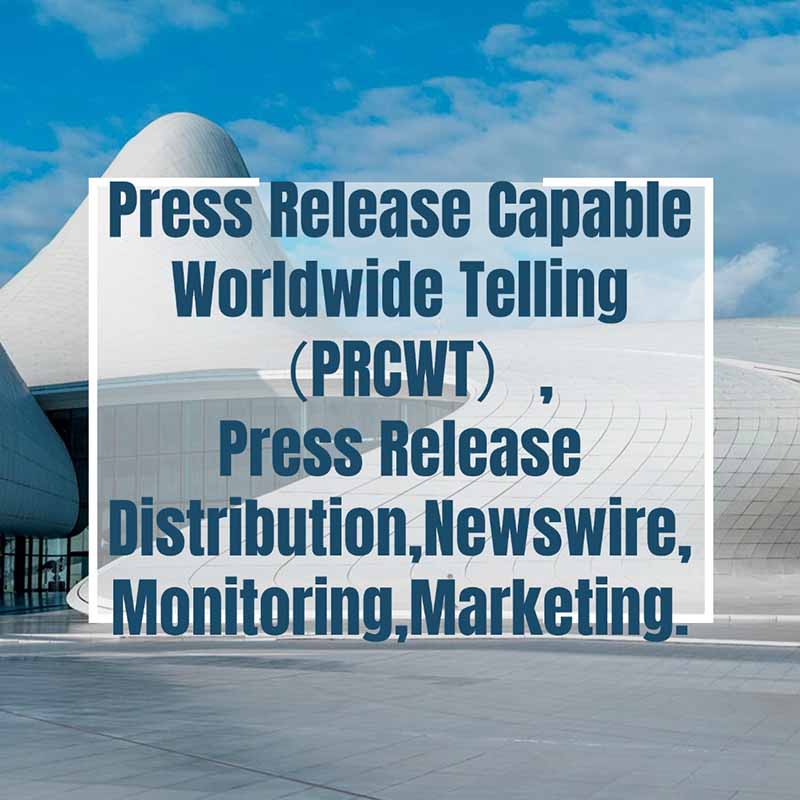In today's digital landscape, content marketing has emerged as a crucial strategy for businesses to connect with their target audiences. With the increasing competition and the saturation of the market, it is essential for brands to create high-quality, engaging, and relevant content that resonates with their customers. This article explores the significance of content marketing, its various forms, and how it can drive business growth.
Content marketing involves the creation and distribution of valuable content to attract and retain customers. It can take many forms, such as blog posts, videos, infographics, podcasts, and social media updates. The goal is to provide useful information, solve problems, or entertain the audience, while also promoting the brand and its products or services.

According to recent industry data, businesses that invest in content marketing see a significant return on investment. For example, a study by HubSpot found that companies that blogged regularly received 55% more website traffic and 434% more inbound links than those that didn't. Another study by Content Marketing Institute and MarketingProfs showed that content marketing generates three times as many leads as traditional marketing methods and has a 62% lower cost per lead.
Moreover, content marketing helps to build brand awareness and credibility. By providing valuable content, brands can position themselves as experts in their field and gain the trust of their customers. This, in turn, can lead to increased customer loyalty and repeat business.
One of the key benefits of content marketing is its ability to reach a wide audience. With the rise of social media and digital platforms, brands can now reach customers all over the world with just a few clicks. This makes it easier for businesses to expand their reach and connect with potential customers who may not have been aware of their brand otherwise.

However, creating effective content marketing campaigns requires careful planning and execution. Brands need to understand their target audience, their needs and pain points, and what type of content they are most likely to engage with. They also need to ensure that their content is high-quality, well-written, and visually appealing.
In addition, brands need to promote their content effectively. This involves using the right keywords, optimizing their website for search engines, and sharing their content on social media platforms. They also need to engage with their audience by responding to comments and messages and building relationships with them.
To illustrate the power of content marketing, let's take a look at some successful case studies. One of the most notable examples is Coca-Cola. The company has a highly active social media presence and regularly posts engaging content that includes videos, photos, and stories about its products and brand. This has helped to build a strong brand community and increase customer loyalty.
Another example is Airbnb. The company uses content marketing to promote its unique travel experiences and connect with potential guests. It has a blog that features stories about different destinations, tips on traveling, and interviews with hosts. This has helped to position Airbnb as a trusted and innovative travel brand.
In conclusion, content marketing is a powerful tool for businesses in the digital age. By creating high-quality, engaging, and relevant content, brands can attract and retain customers, build brand awareness and credibility, and drive business growth. With the right strategy and execution, content marketing can be a highly effective and cost-efficient way to reach your target audience and achieve your marketing goals.